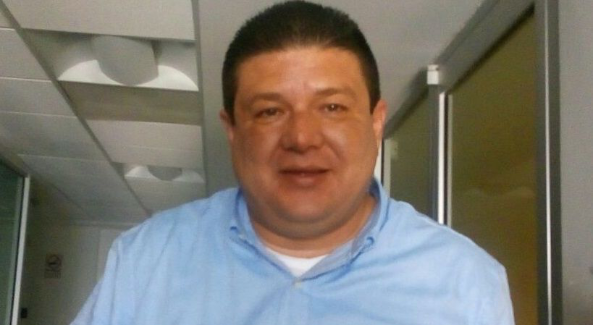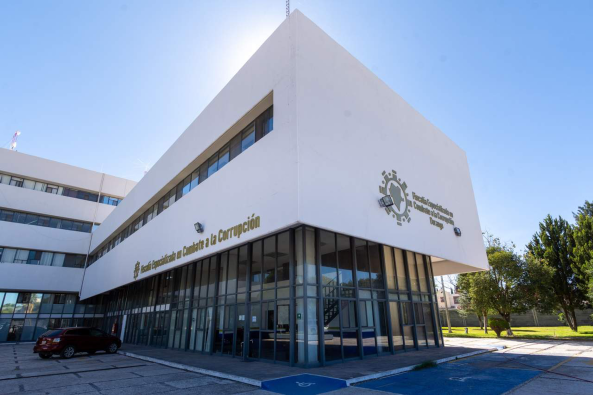The Anti-Corruption Prosecutor’s Office of the State of Chihuahua has had full constitutional autonomy since 2020. Since then, the local constitution and legislation prohibit the person in charge of this institution (interim or permanent) from being appointed directly by the Executive Branch.

However, in June 2022, Governor María Eugenia Campos Galván (who was investigated for corruption crimes in cases related to former corrupt Governor César Duarte) and the Secretary of State César Gustavo Jauregui Moreno directly, discretionally, and illegally appointed Nidia Aidin Orpinel Pizarro as interim Prosecutor Against Corruption.
Given this appointment’s apparent unconstitutionality and illegality, TOJIL and other NGOs filed constitutional and criminal complaints against the aforementioned authorities in October 2022. On the one hand, in the constitutional trial, we argued that such designation transgresses the autonomy of the anti-corruption prosecutor’s office and, consequently, violates the right to live in a corruption-free environment and the right to a correct public administration. On the other hand, in criminal proceedings, we reported the latter authorities for illegal exercise of public service.
The criminal complaint generated an ongoing investigation against the Governor, the Secretary of State, and the interim prosecutor. In February 2023, TOJIL succeeded in having the Public Prosecutor’s Office recognize the complainant organizations as victims of a corruption-related crime. This recognition has allowed us to participate in the investigation, provide evidence, challenge the prosecutor’s decisions, and prevent the case from going unpunished due to political influence or pressure.

In August 2023, TOJIL formally requested the prosecutor to indict Orpinel Pizarro and file the corresponding impeachment requests before the local congress concerning Campos Galván and Jauregui Moreno. Given the lack of response and the inactivity of the investigating authority, TOJIL will exercise its rights as a victim and take the case to the courts to prevent the investigation from being obstructed by political pressure.
The autonomy of the anti-corruption prosecutor’s offices is indispensable for them to fulfill their role in the fight against grand corruption. Unfortunately, this autonomy makes corrupt authorities uncomfortable, so they try to violate it and co-opt these institutions. In this scenario, social participation is the last defense against corruption and impunity.

